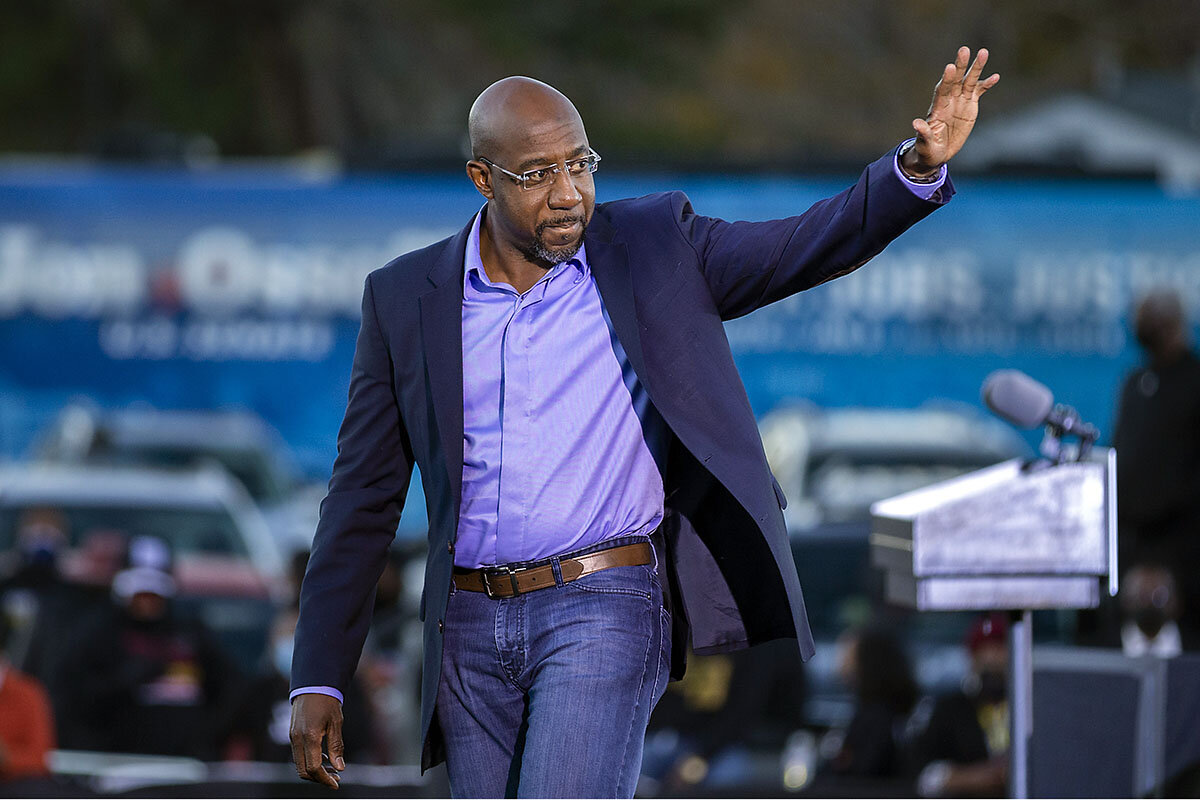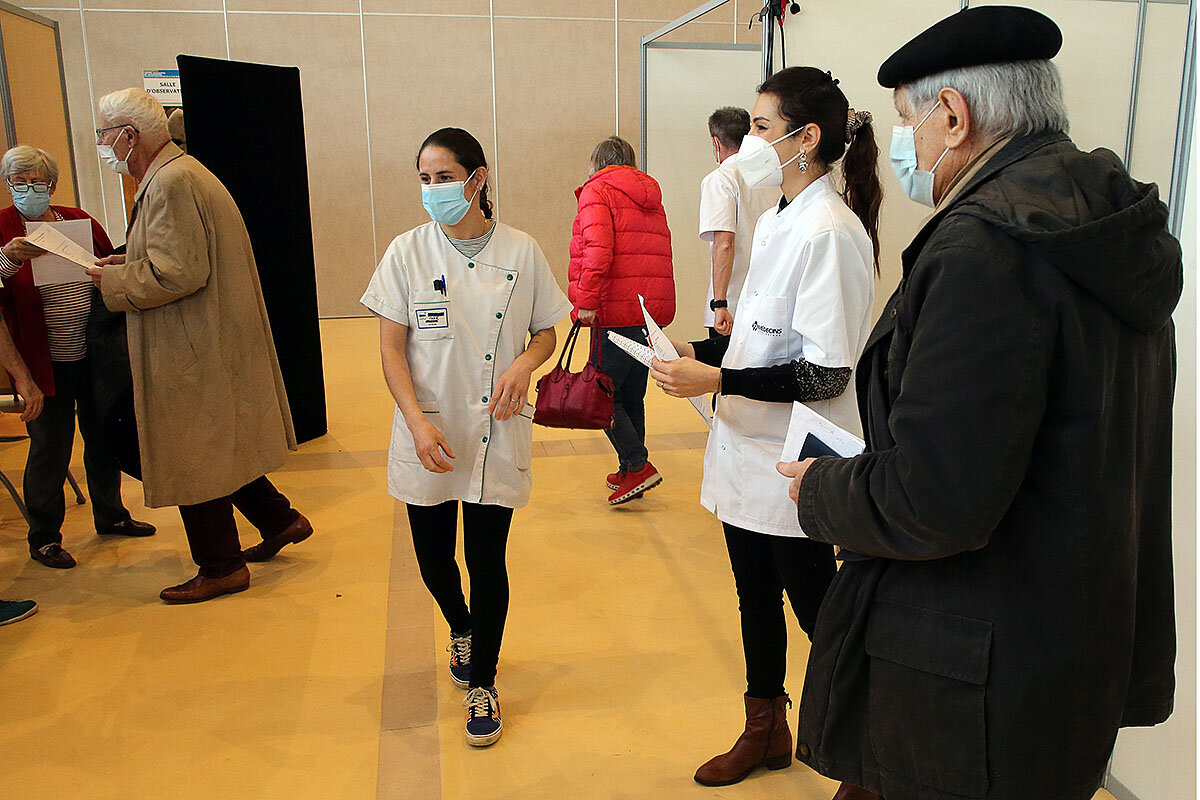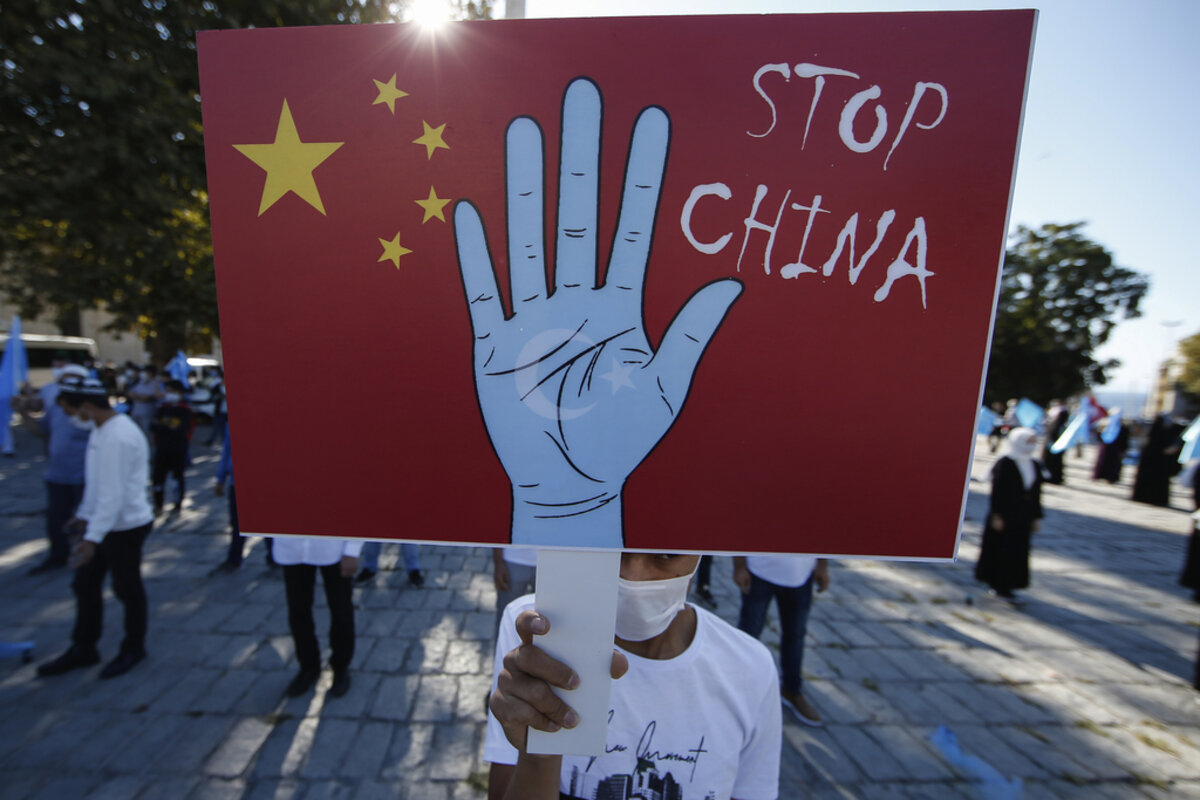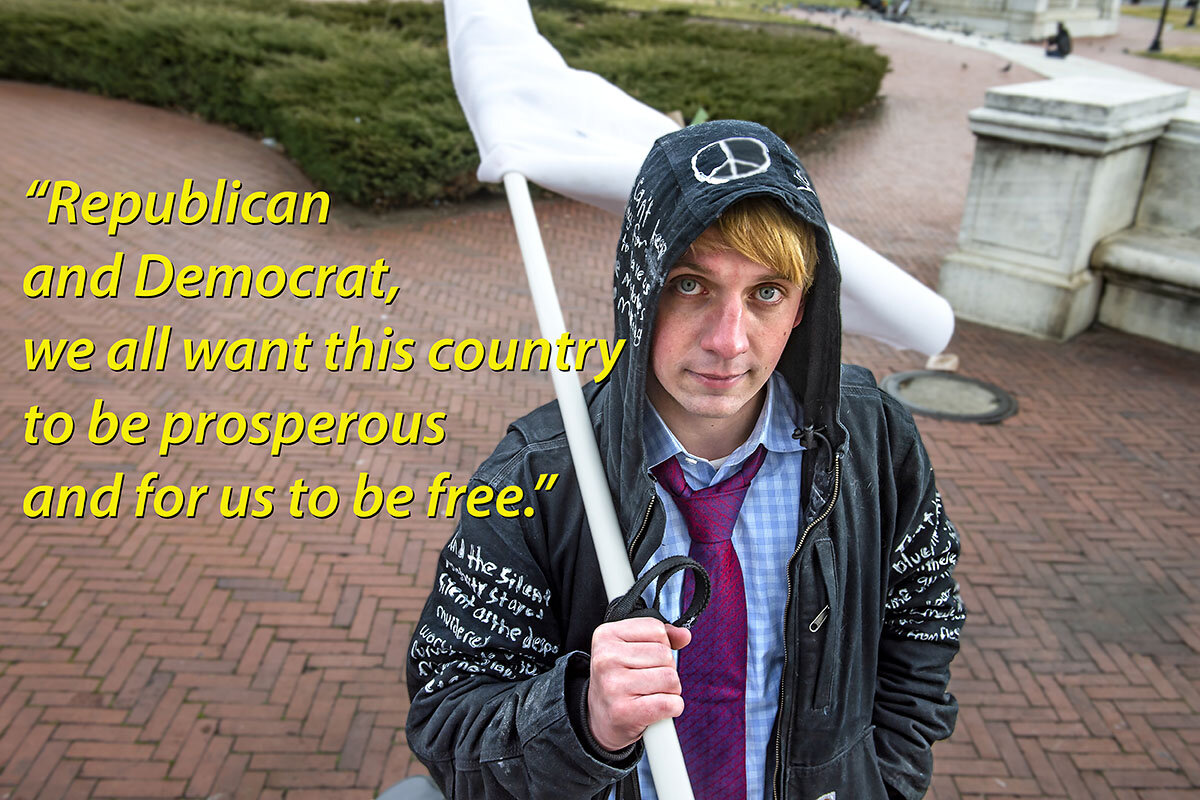We asked some prominent people for advice on how to unify the nation. Their responses range from building trust to leaning into collaboration. The mayor of Miami says, “Look for solutions that are not simply bipartisan but nonpartisan.”
Monitor Daily Podcast
- Follow us:
- Apple Podcasts
- Spotify
- RSS Feed
- Download
 David Clark Scott
David Clark Scott
There’s a lot of pomp, ceremony, and tradition on Inauguration Day – speeches, prayers, parades, and swearing-in ceremonies – even in the scaled-down version we saw Wednesday in Washington.
These are, of course, designed to honor and reinforce America’s democratic transition of power.
But there’s a quiet, simple gesture that may be just as important. It’s a handwritten note left in the Oval Office by the outgoing president for his successor.
In 2009, George W. Bush wrote, in part, to Barack Obama: “The critics will rage. Your ‘friends’ will disappoint you. But, you will have an Almighty God to comfort you, a family who loves you, and a country that is pulling for you, including me.”
In The Atlantic, Alex Kalman collected five of these departing missives. Most are written on White House letterhead. But Ronald Reagan’s note to George H.W. Bush in 1989 offered a touch of humor: It included a Sandra Boynton sketch of half a dozen turkeys perched on a prostrate elephant and the advice, “Don’t let the turkeys get you down.”
President Donald Trump challenged many democratic traditions, including refusing to concede or attend the inauguration ceremony. But the White House says he left a note for the new president.
These cursive batons are humble, personal expressions of grace befitting those who hold this high office. And they’re poignant examples for nations – and families – riven by political differences.










